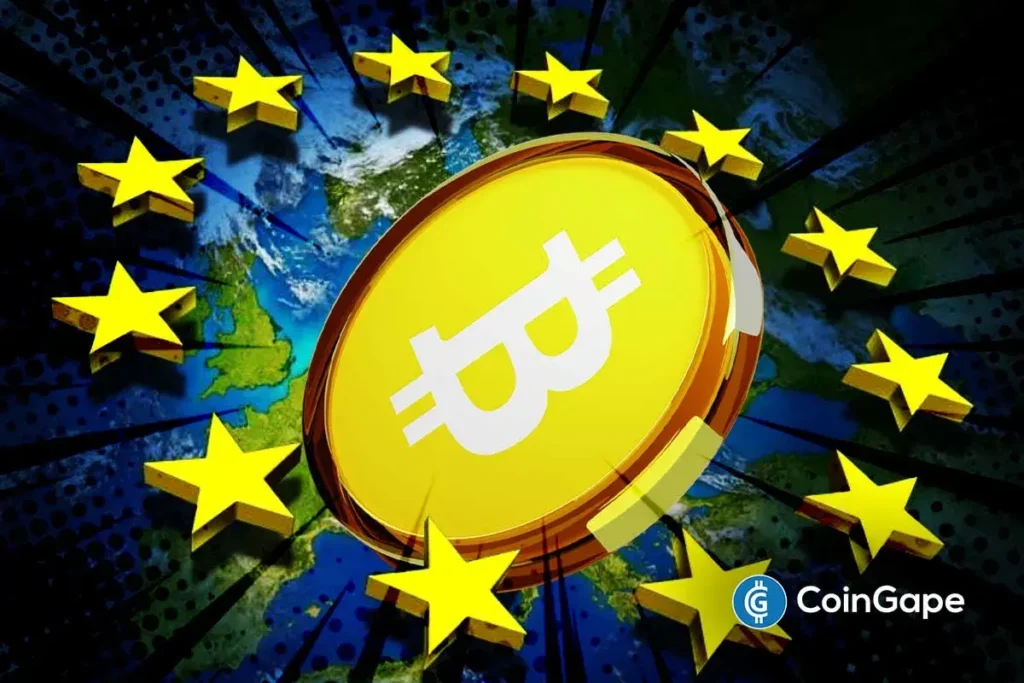El Salvador Strengthens Bitcoin Security Amid Quantum Concerns
In a strategic move to bolster its digital asset security, El Salvador’s Bitcoin Office has redistributed nearly $678 million worth of its Bitcoin holdings, transferring 6,274 BTC into multiple addresses. This response to the potential risks posed by emerging quantum computing technologies demonstrates the nation’s proactive steps in safeguarding its cryptocurrency reserves. By moving funds into fourteen new wallets, each holding a maximum of 500 BTC, El Salvador aims to enhance transparency while minimizing exposure to potential threats.
Enhancing Security Through Diversification
Previously, the Central American nation stored all its Bitcoin in a single wallet, making it vulnerable to cryptographic risks, particularly as quantum computing evolves. The latest transfer not only diversifies their holdings but also serves to limit the impact of potential quantum attacks. According to the officials, unused Bitcoin addresses with hashed public keys offer better security. Public key exposure occurs when funds are spent from an address, which can be exploited by quantum algorithms like Shor’s. By splitting funds into smaller amounts, El Salvador aims to mitigate this risk significantly.
Counteracting Quantum Threats
Experts in cybersecurity emphasize that reducing state reserves into smaller amounts typically goes hand in hand with implementing multi-signature protections and hardware key segregation. Such strategies ensure that even if one layer of security is compromised, the overall resilience remains intact. El Salvador’s decision to redistribute its holdings aligns with broader industry trends, as digital assets become increasingly integrated into public finance structures globally. The nation recognizes the significance of adopting robust security measures to protect against both technological disruptions and cyber threats.
Strategic Partnerships and Infrastructure Development
The Bitcoin holding redistribution follows El Salvador’s announcement of a substantial infrastructure deal with Turkey’s Yilport Holdings, aimed at developing two ports near the projected Bitcoin City. This ambitious project underlines the government’s commitment to solidifying its status as a prominent player in the global digital finance sector. The partnership not only represents growth in the infrastructure domain but also signifies El Salvador’s desire to weave Bitcoin more effectively into its economic fabric.
Broadening the Bitcoin Agenda
This security measure also aligns with El Salvador’s broader Bitcoin strategy. Recently, the country partnered with Pakistan to explore public sector applications for cryptocurrencies. Such partnerships indicate the government’s determination to enhance its influence in the ever-evolving digital finance landscape, despite facing scrutiny from institutions like the International Monetary Fund (IMF). Although the government halted Bitcoin purchases earlier this year, it has continued to see its BTC holdings rise, with a reported 124% gain, highlighting the asset’s potential even amid global economic pressures.
Implications for Global Custody Practices
El Salvador’s innovative approach to managing its Bitcoin reserves could set a precedent for other governments. As the global digital finance arena expands, other nations may look to adopt similar custody practices to minimize risks associated with integrating cryptocurrencies. By establishing clear custody frameworks and implementing strong security measures, governments can reduce political and financial friction in their effort to incorporate digital assets into public finance.
Conclusion
El Salvador’s recent moves in redistributing its Bitcoin holdings underscore a critical juncture in the intersection of digital assets and national security. With concerns surrounding quantum computing looming large, the nation’s proactive strategy positions it not only to protect its assets but also to lead in the global digital finance conversation. As more governments look to Bitcoin as a legitimate financial instrument, El Salvador’s model offers valuable lessons in security, transparency, and strategic innovation.


